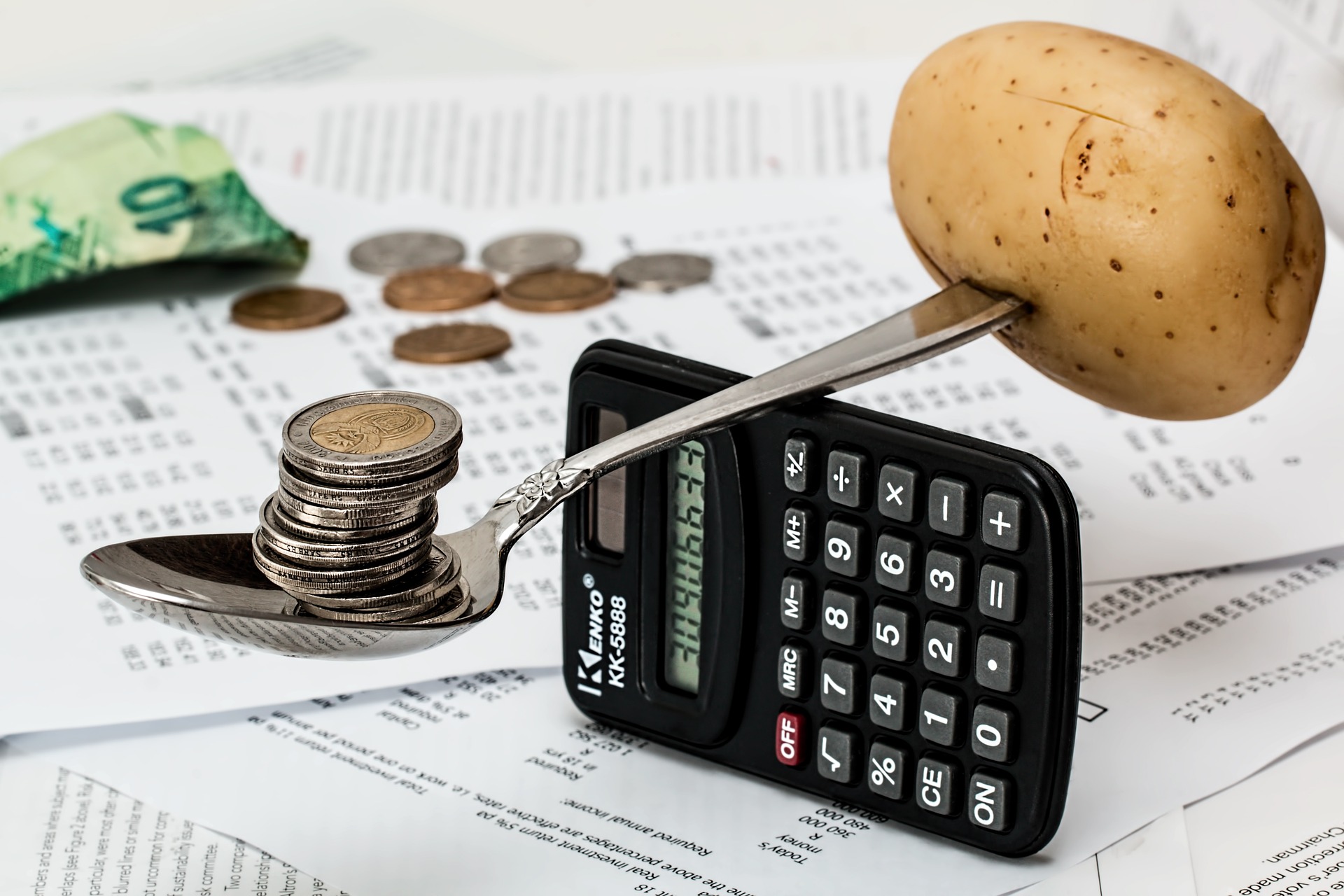Even if you have a detailed monthly budget, you are very likely to encounter an unexpected expense. This makes it nearly impossible to keep spending consistent from month to the next, and if you are living off of a regular monthly paycheck, any unexpected cost can completely throw you off your planning.
In case your finances are already very tight, a large unprecedented expense can feel like an insurmountable amount. As a way to turn these large expenses into more manageable ones, you can take the following steps while budgeting in order to build more space into your budget before any expense arrives
- Analyse the amount of expense and lifetime
Before you start budgeting, you have to determine the amount you will be spending in that particular month. For large expenditures like buying property, the timeline can be more flexible to accommodate what you are able to spend. Other expenses like college fees, present more of a deadline, hence, in case you are not able to save up the amount, you can consider delaying them
- Monthly savings
Divide the amount you need to save by the number of months you have to save those funds. The result is the amount you need to save every month. Once the amount is finalised, you need to take a look at the monthly budget and find a place where you can account for the expense
In case the amount you are planning to spend is important, it is advisable to budget for it as a fixed expense, putting it alongside car payments, rent, loans, utilities, and above recreational spending on entertainment and restaurants. On the other hand, if you are planning to save for a vacation or any other non-essential expenses, you can choose to be more flexible about your savings plan
- Additional income source
It can be challenging to factor the costs of certain large expenses into your current budgeting routine. In such a case, it might be time to consider an additional source of income in order to earn funds to cover those one-time costs.
Determine how much you need to earn from an additional source, and review your work schedule in order to figure out how quickly you can save up. This will be dependent on your already existing work schedule, the amount you are able to earn through your additional income source, and the amount of time you are willing to work every week in order to make up the difference.
- Savings account
It is crucial to put your funds in a safe location away from your regular spending accounts. You can use a savings account or another dedicated account or fund, it is best to place these funds out of sight in order to save you from the temptation of spending it before you put it towards a major expense.
In case you can not cover the whole amount of this one-time expense through your monthly savings plan, you can still save up sums to cover a part of the cost and then obtain a personal loan, credit card, or any other type of financial tool.




